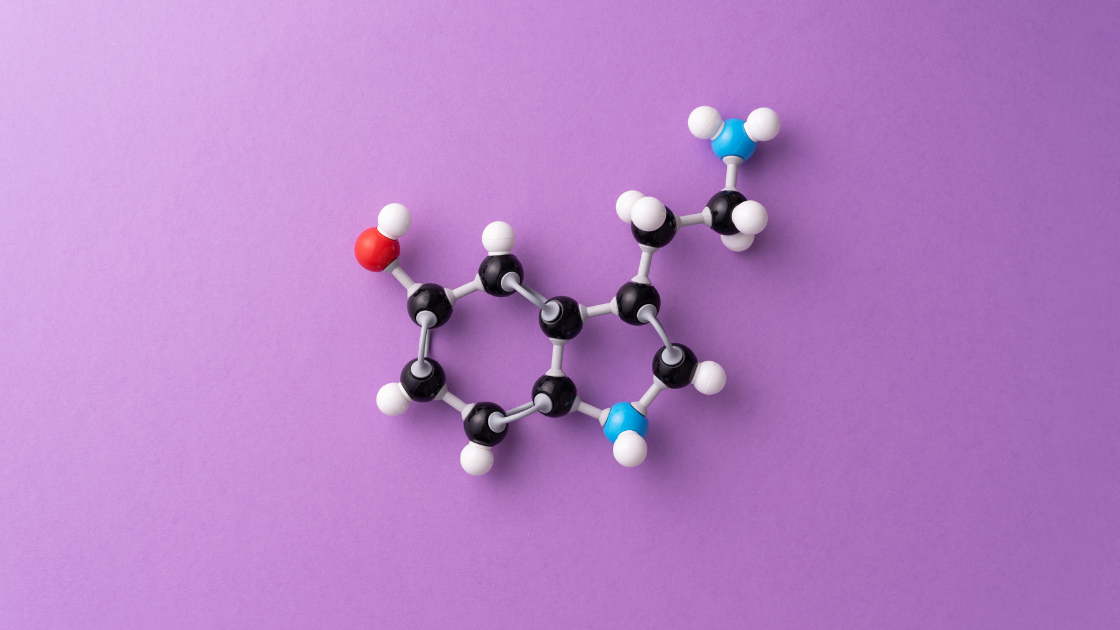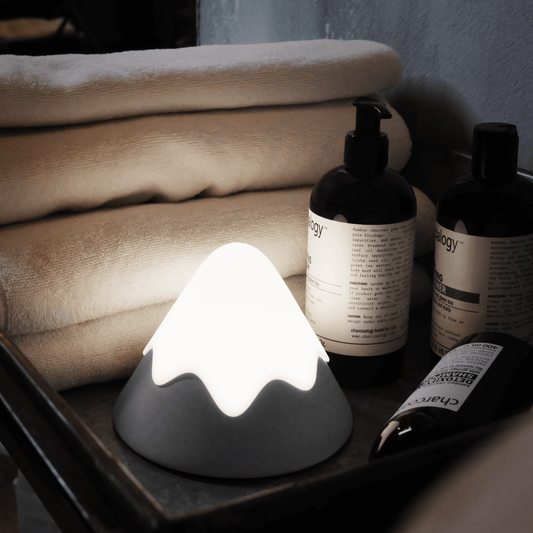Serotonin is a neurotransmitter that plays a big role in how we sleep. Here we will explore what serotonin is, how it affects sleep, and what you can do to promote healthy serotonin levels. By the end of this, you should have a good understanding of this important sleep chemical.

What is Serotonin?
Serotonin is a neurotransmitter that is produced in the brain and gut. It's responsible for regulating mood, appetite, digestion, memory, and Sleeping. Serotonin levels are lowest during the daytime when we are awake and highest at night when we are asleep. Low levels of serotonin have been linked to depression and anxiety.
The role of serotonin in sleep has to do with its relationship with melatonin. Melatonin is a hormone that makes us feel sleepy. When it's dark outside, our body produces more melatonin to make us feel tired so that we can sleep through the night.
Serotonin is produced in the body from tryptophan, an amino acid found in foods like turkey, eggs, cheese, and tofu. When tryptophan enters the body, it is converted into 5-HTP, which is then converted into serotonin. 5-HTP supplements are sometimes taken as a natural way to boost serotonin levels.
How Does Serotonin Impact Sleep?
Serotonin plays a big role in regulating our sleeping patterns. When serotonin levels are low, it can make it harder to fall asleep and stay asleep. This is because low serotonin levels are associated with an increase in stress hormones like cortisol. High cortisol levels make it hard to relax and can cause racing thoughts at night which make it difficult to fall asleep.
Serotonin is important for regulated sleep because it helps to promote deep sleep and prevent wakefulness. It does this by promoting the release of melatonin, a hormone that makes you feel sleepy. Research has shown that people with insomnia have lower levels of serotonin.
What Causes Low Levels Of Serotonin?
There are many things that can contribute to low serotonin levels including poor diet, lack of exercise, chronic stress, PMS, depression and a lack of sunlight.
Diet can impact serotonin levels because tryptophan is needed for its production. Eating foods high in tryptophan can help to boost serotonin levels. Carbohydrates are also necessary for tryptophan to enter the brain. That’s why carb cravings sometimes strike before bed!
Stress can impact serotonin because chronic stress can lead to inflammation and reduce the amount of tryptophan that crosses the blood-brain barrier. This means that less tryptophan is available for serotonin production.
How Do I Know If I Have a Serotonin Deficiency?
It is possible to go through Neurotransmitter testing and blood tests can help to determine if you might have a serotonin deficiency. Speak to your doctor about what is available to you.
What Can I Do To Boost Serotonin Levels?
Thankfully, there are also things that you can do to naturally boost your serotonin levels such as getting regular exercise, spending time outdoors in natural light, eating healthy foods like fruits and vegetables, and taking supplements like 5-HTP or magnesium glycinate. Reducing stress through methods like yoga, meditation, and deep breathing can help to increase serotonin levels.
There are also many medications that can impact serotonin levels. Some antidepressants work by increasing serotonin levels in the brain. Before looking into any medications be sure to consult a medical professional.
Serotonin is an important chemical in the human body that plays a role in sleep. If you are not able to get to sleep at night reviewing your Serotonin levels might be a good place to start.




















